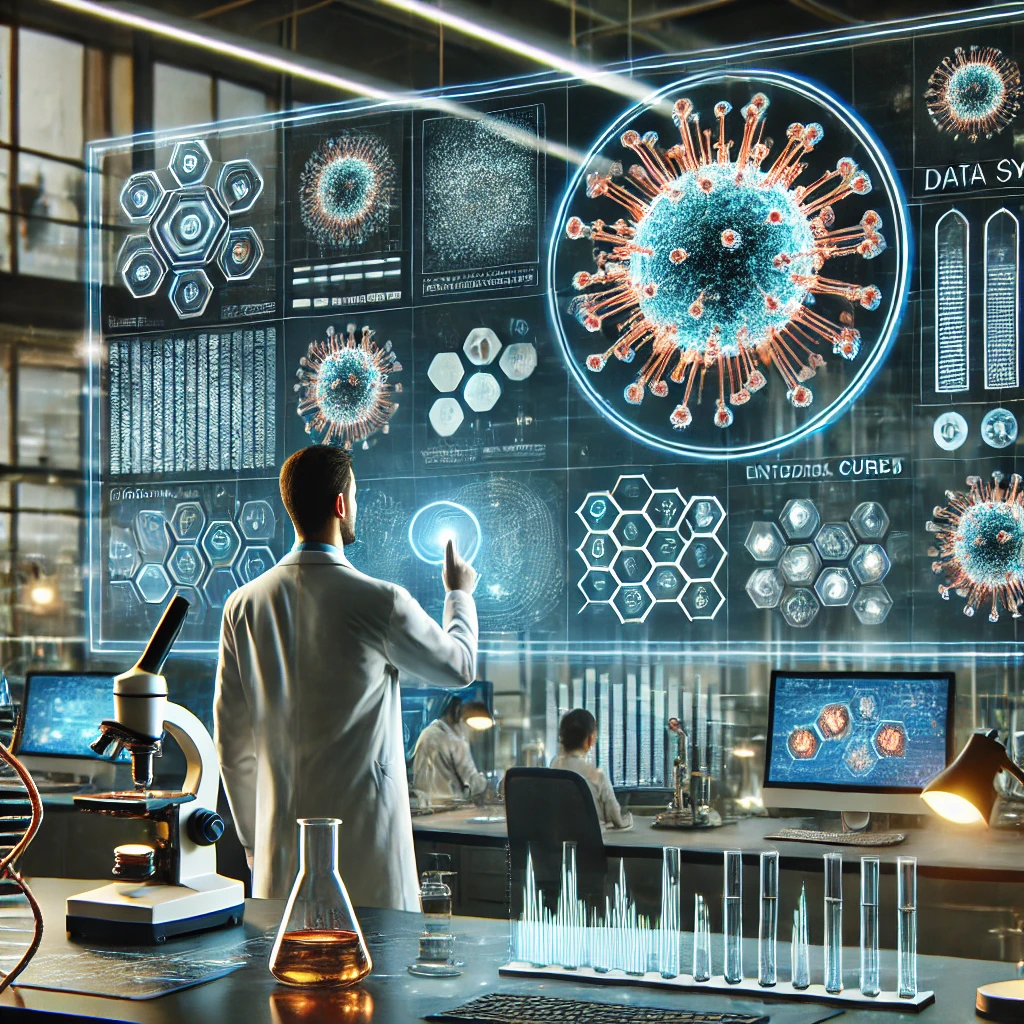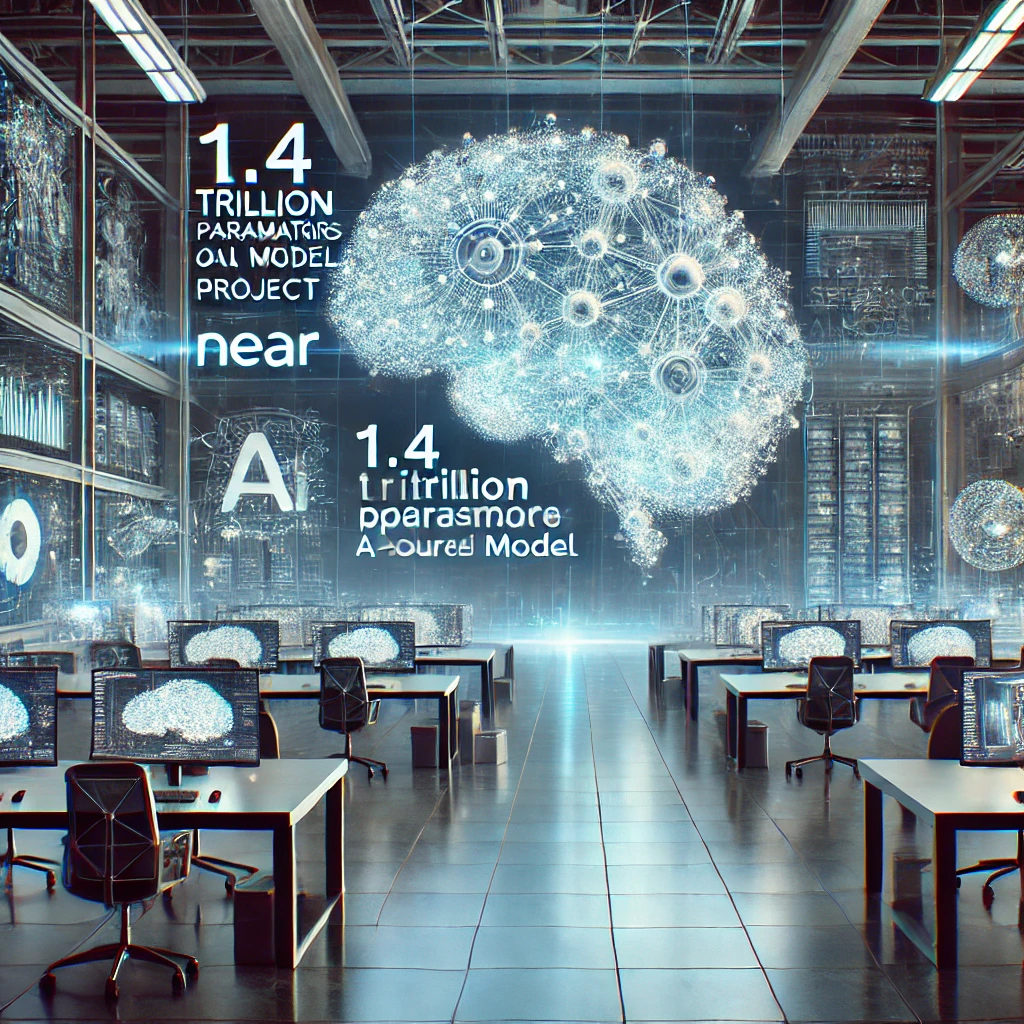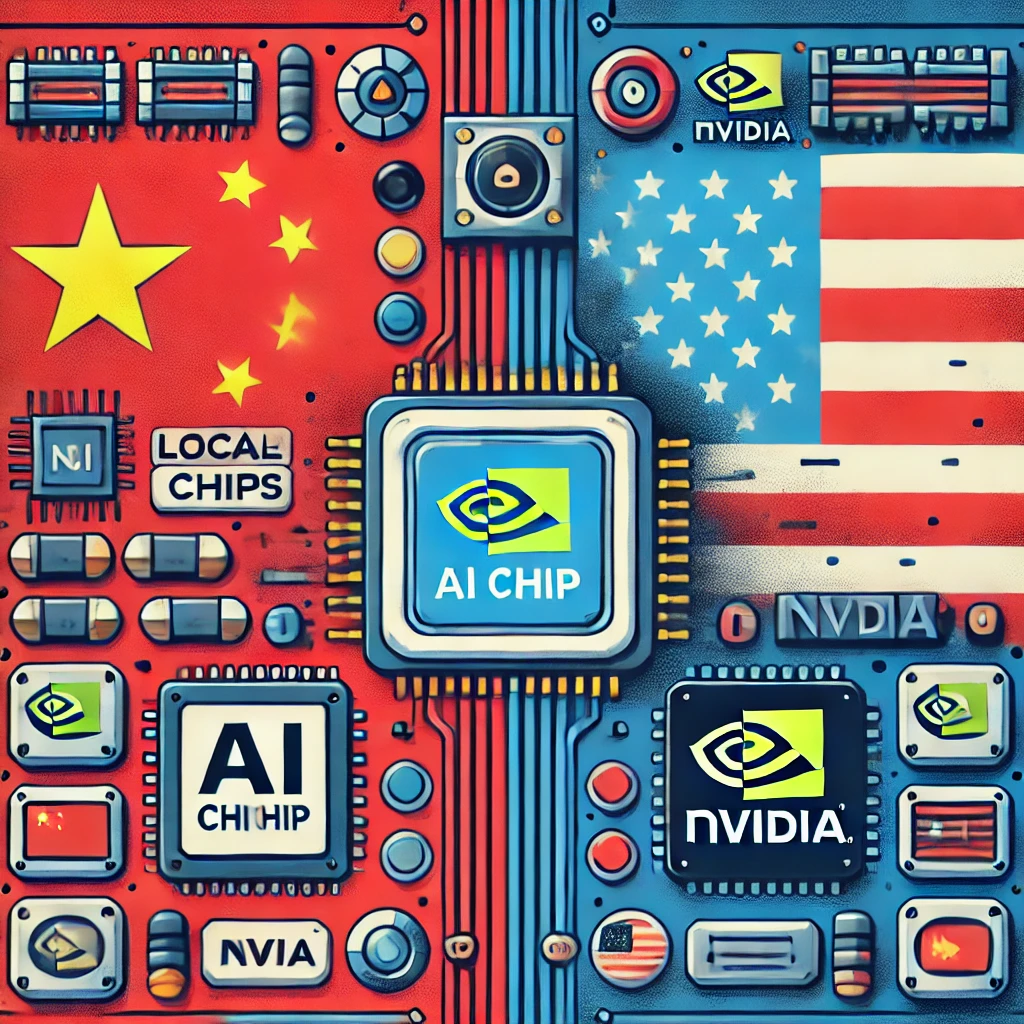The COVID-19 pandemic brought unprecedented challenges to the world, revealing vulnerabilities in global healthcare systems, economies, and our collective ability to respond to such crises. However, it also showcased the potential of artificial intelligence (AI) in managing pandemics. As we look to the future, a key question arises: how much will AI help in the next pandemic?
Early Detection and Surveillance
One of the most promising uses of AI in a future pandemic is early detection and surveillance. AI algorithms can analyze vast amounts of data from various sources—social media, news reports, and healthcare databases—to detect unusual patterns and signals that may indicate the outbreak of a new infectious disease. During the COVID-19 pandemic, AI-powered platforms like BlueDot and HealthMap provided early warnings about the virus’s spread, giving countries valuable time to prepare.
In the next pandemic, AI could enhance these capabilities, providing even more accurate and timely alerts by analyzing a broader range of data sources and using more advanced machine learning models. This could allow for faster containment measures, potentially saving lives.
Accelerating Drug and Vaccine Development
AI can also play a crucial role in accelerating drug and vaccine development. During the COVID-19 crisis, AI was used to analyze the structure of the virus, identify potential drug targets, and predict the efficacy of existing medications. AI-driven platforms can screen millions of molecules to identify promising drug candidates, dramatically reducing the time needed for discovery.
In the future, AI could further streamline this process, helping researchers develop vaccines and treatments more quickly. AI models could predict how a virus might mutate, allowing scientists to prepare vaccines that are more effective against multiple variants. This rapid development could be crucial in preventing a pandemic from escalating.
Optimizing Healthcare Response
AI can assist in optimizing healthcare responses during pandemics by predicting the spread of disease, managing hospital resources, and improving patient care. Machine learning models can help forecast the number of cases in different regions, enabling governments and healthcare providers to allocate resources more efficiently.
Additionally, AI can be used to analyze patient data and predict which patients are at higher risk of severe illness, enabling more personalized and effective treatment plans. In the next pandemic, AI could be instrumental in reducing the burden on healthcare systems by improving decision-making and streamlining patient care.
Enhancing Communication and Public Health Strategies
Effective communication is vital during a pandemic to ensure that the public is well-informed about risks, safety measures, and vaccination campaigns. AI-powered chatbots and virtual assistants can provide accurate and timely information to the public, helping to combat misinformation and ensure people receive reliable guidance.
Moreover, AI can analyze public sentiment and behavior in real-time, allowing public health officials to adapt strategies and messaging to be more effective. In the next pandemic, this capability could be enhanced further, ensuring more targeted and efficient public health campaigns.
Potential Challenges and Limitations
While AI holds significant promise for pandemic response, there are also challenges and limitations. AI models require vast amounts of high-quality data to function effectively, and data privacy concerns can limit access to essential information. Additionally, AI algorithms can be biased, potentially leading to inaccurate predictions or unfair resource allocation.
To maximize AI’s potential in the next pandemic, it will be essential to address these challenges by establishing robust data-sharing frameworks, ensuring transparency in AI models, and maintaining ethical standards.
The Future of AI in Pandemic Preparedness
AI’s role in pandemic preparedness is likely to grow in the coming years. From early detection and vaccine development to optimizing healthcare responses and public health strategies, AI offers tools that can significantly improve how we handle future pandemics. However, realizing AI’s full potential will require collaboration between governments, healthcare providers, and tech companies to develop reliable, ethical, and effective AI systems.
In conclusion, while AI is not a silver bullet, it has the potential to be a powerful ally in the fight against future pandemics. By leveraging AI’s capabilities responsibly, we can improve our readiness, response, and resilience to whatever health challenges may come our way.





